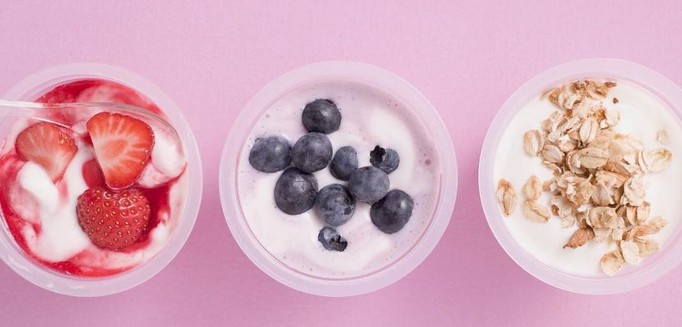Probiotics are sold to us as 'good' bacteria that help balance out 'bad' varieties of microbes camping out in our gut. But a new experiment on mice has shown how our microbial allies can evolve into traitorous backstabbers that risk causing damage to our guts.
益生菌作为一种“好”细菌被卖给我们,它能帮助我们平衡肠道中各种“坏”微生物。但在老鼠身上的一项新实验表明,我们的微生物盟友是如何进化成可能对我们的肠道造成损害的背叛者的。
"If we're going to use living things as medicines, we need to recognise that they're going to adapt, and that means that what you put in your body is not necessarily what's going to be there even a couple hours later," says pathologist and biomedical engineer Gautam Dantas.
病理学家兼生物医学工程师Gautam Dantas说:“如果我们要把生物作为药物来使用,我们需要认识到它们会适应环境,这意味着在体内呆了几个小时的东西不一定和你放入身体的东西是一个。”
"There is no microbe out there that is immune to evolution."
“没有一种微生物对进化免疫。”
Dantas led a team of researchers from the University of Washington who evaluated a bacterium marketed to help combat diarrhoea: EcN.
丹塔斯和他所带领的来自华盛顿大学的研究团队,评测了一种被营销能用于对抗腹泻的细菌:EcN。
To evaluate the potential of EcN's evolution after it's swallowed, the research team used mice specially bred to be completely germ free.
为了评估EcN被吞食后的进化潜力,研究小组使用了完全无菌的特殊培育小鼠。
The test subjects were divided into four groups, each with a distinct gut microbiome. One was left completely sterile; the other three were given microbiomes reflecting various healthy and unhealthy states.
实验对象被分成四组,每组都有一个独特的肠道微生物群。一个完全无菌;另外三组给予反映各种健康和不健康状态的微生物群落。

Each group was dosed with EcN and then fed one of the following options - boring old lab mouse chow, a more natural mouse-friendly diet, a Westernised diet high in fats and sugars, and a Westernised diet that had some fibre added.
每一组都被给予EcN,然后喂食以下选项之一——乏味的一般实验鼠粮,更自然的老鼠友好型饮食,高脂肪和高糖的西式饮食,以及添加了一些纤维的西式饮食。
Five weeks later, the mice had their guts examined. Those happy little E. coli? It turns out they weren't all quite as friendly as they had been on their way in, especially in guts that had to deal with less than healthy diets.
五周后,检查了老鼠的肠道。还是那些快乐的小大肠杆菌?事实证明,它们并不都像刚来的时候那么友好,尤其是那些处于不得不应对不健康的饮食的肠道里的。
Inside mouse guts filled with westernised foods, EcN had accumulated mutations that helped them cope with stress and make use of all of those carbohydrates to hang around longer than intended.
在装满西式食物的老鼠肠胃中,EcN累积突变以应对压力,和利用所有这些碳水化合物来比预期的逗留时间呆更久。












